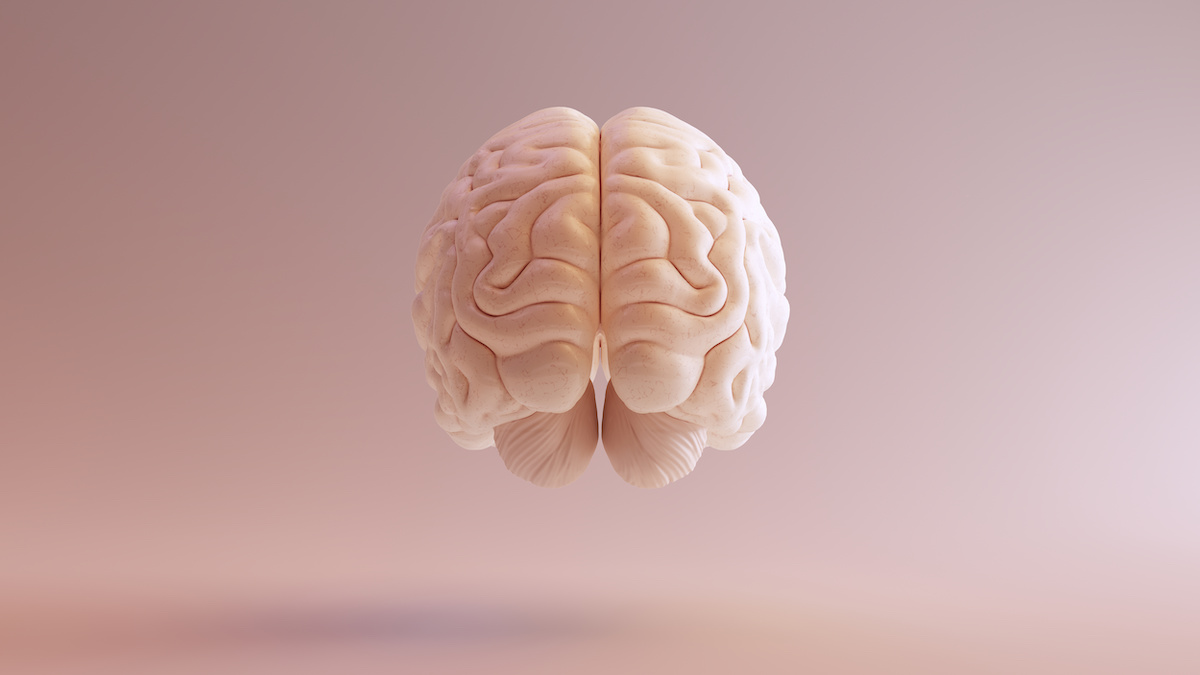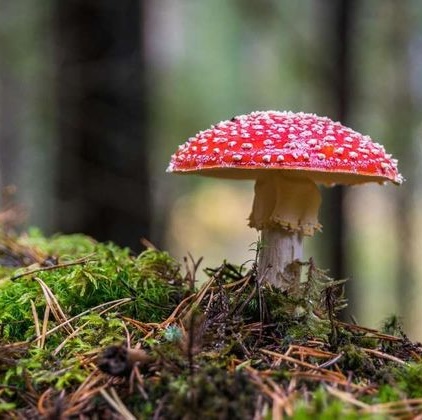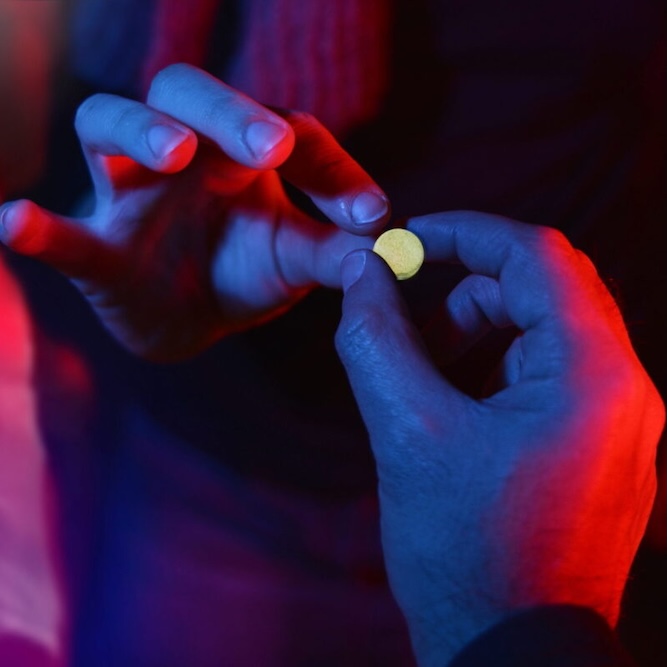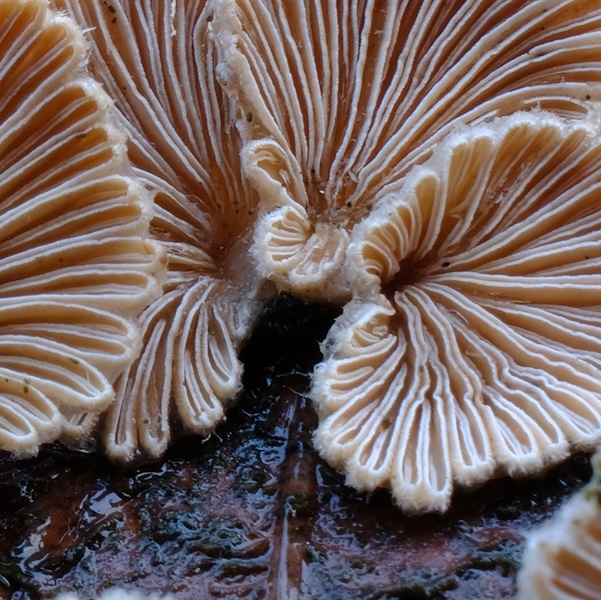A recent study published in the journal Neuron shows that psilocybin, a psychedelic drug found naturally in certain mushrooms, can increase durable connections between neurons in the brains of mice. This suggests that psychedelic mushrooms could potentially regrow brain tissue lost in depression. According to the lead author of the study, Alex Kwan, the trip itself might play a vital role in the regrowth of the brain tissue.

Increase the density of dendritic spines.
Earlier laboratory experiments indicated that psilocybin, as well as the anesthetic ketamine, can reduce the effects of depression. The latest research showed that these compounds can also increase the density of dendritic spines, which are small protrusions on nerve cells that can enhance the way information transmits from one neuron to the next. Depression and chronic stress are known factors in the reduction of these crucial neuronal connections.
Psilocybin alleviates stress in mice.
In collaboration with Ling-Xiao Shao, a postdoctoral associate of Yale’s School of Medicine, Kwan used a laser-scanning microscope to create high-resolution images of dendritic spines in living mice and tracked them for several days. They observed an increase in the number and size of dendritic spines on the first day following exposure to psilocybin. Crucially, these changes persisted for at least a month, and the mice previously placed in stressful situations exhibited improved behavior with increased neurotransmitter activity following the administration of psilocybin.
It’s important to note that psilocybin is considered a source of mystical experience and is used in religious ceremonies among indigenous populations of the “New World.” However, the chemical remains a popular means of meaningful experience to many people around the world. Speculating, Kwan suggests that the subjective experience of opening the “doors of perception” might be linked to the growth of neuronal connections.
Developing psychedelic-like antidepressants.
This is not the first time psychedelics have been linked to positive changes in behavior, and scientists have sought to develop drugs that reproduce the antidepressant effects of psychedelics without the hallucinations. One study published in the journal Cell saw researchers genetically encode a green fluorescent sensor called PsychLight into a specific kind of serotonin receptor linked to hallucinations.
Legalization of psychedelic drugs in the conventional “magic mushroom” form is likely years if not decades away, which means that people seeking to address stress or depression in this way may have to hinge their hopes on studies like these.




